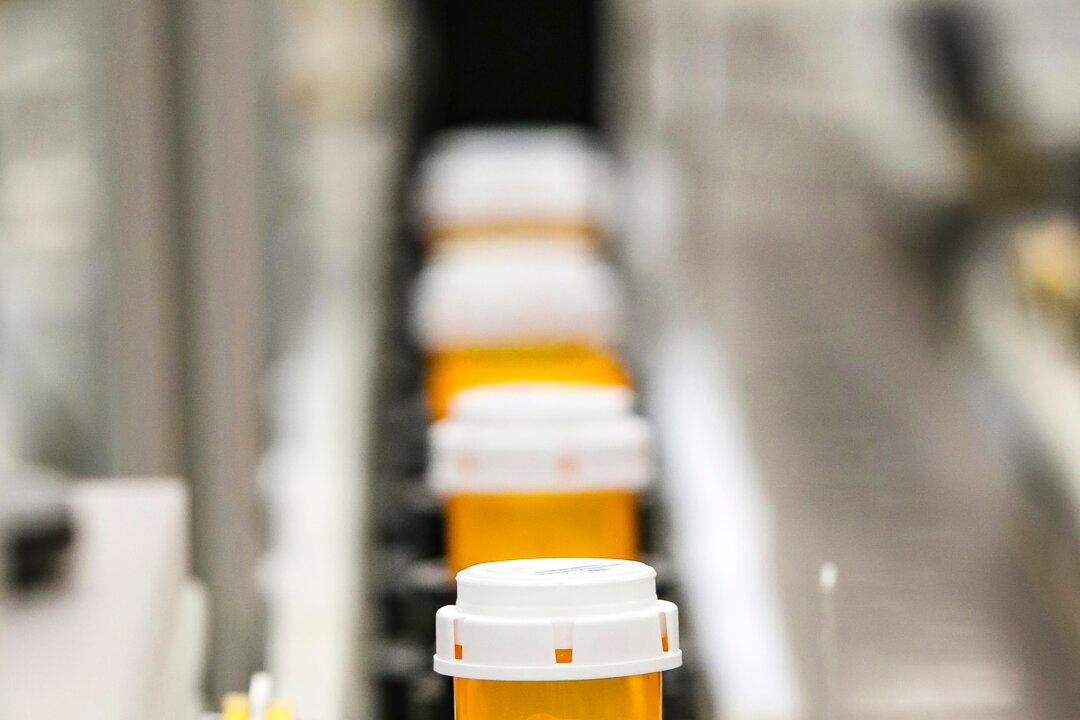The Biden administration on Feb. 1 sent out initial offers to the manufacturers of 10 of the most expensive and commonly used drugs as part of the first round of negotiations aimed at lowering medication prices for millions of Americans.
The U.S. Department of Health and Human Services (HHS) announced the launch of the first cycle of the “Medicare Drug Price Negotiation Program” in a press release. However, it did not specify the initial offers made to pharmaceutical companies in the government’s negotiations.




